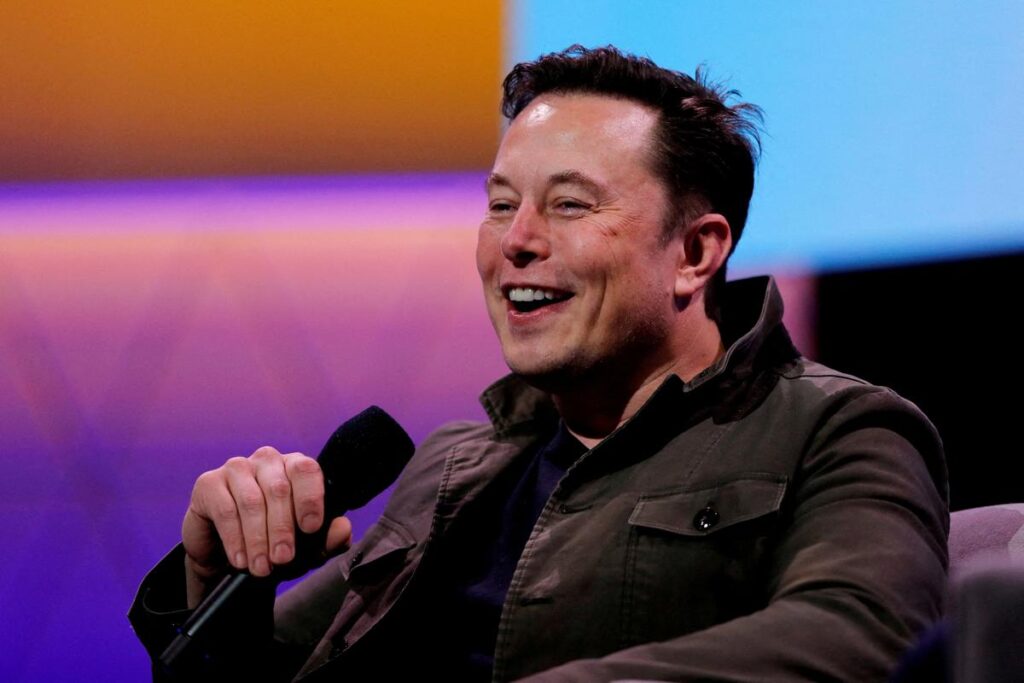Elon Musk warned that U.S. government spending may result in bankruptcy as the federal budget becomes more burdened with rising national debt and interest payments.

Elon Musk has expressed worries about U.S
U.S. economy on social media by implying that the country may soon go bankrupt due to excessive government expenditure. Musk made these remarks amid statistics showing how much interest is being paid on the national debt, which is currently more significant than the amount spent on the military.
Meanwhile, this disclosure highlights the country’s impending budgetary difficulties and possible economic consequences.
Concerned About U.S.U.S. Bankruptcy, EloTroubling data support Elon Musk’s caution over the U.S.ate of the U.S. economy doubling data. It is anticipated that the federal government of the United States will pay $892 billion in interest during this fiscal year. Interestingly, this spending equals Medicare spending and surpasses defense budgetary allotments.
According to CNN, the burden of servicing a national debt over $30 trillion is anticipated to be reflected in interest payments exceeding $1 trillion in the upcoming year. On the other hand, the Congressional Budget Office (CBO) has projected that the U.S.U.S.U.S.t will rise to 122% of GDP during the next ten years, painting a dire image.
This government budget amount would increase to 166% of GDP by 2054, which might hinder economic expansion. Although the effects of the United States’ high debt have long been discussed, most economists agree that debt levels between 150% and 180% of GDP might seriously affect the economy and society.
Elon Musk’s viewpoint, meanwhile, gives the conversation on fiscal responsibility a noteworthy voice. He contends that unchecked government expenditure and growing debt will eventually cause the financial system to collapse. This opinion is consistent with more considerable worries about the viability of the existing fiscal policies held by economists and decision-makers.
Growing Debt and Its Effects on the Economy
The United States is facing a critical moment as it attempts to deal with growing debt and its consequences. According to the CBO’s forecasts, interest payments will take up an increasing portion of the federal budget, which might displace necessary infrastructure and social services investment.
This change may result in challenging policy decisions and increased economic unpredictability. The sheer size of the debt has also raised concerns about the sustainability of the existing fiscal policies in the long run. In addition, the discussions intensified in the face of the U.S. Federal Reserve‘s stringent interest rate policies.
Although it’s difficult to pinpoint the exact point at which debt becomes unmanageable, several experts—including Elon Musk—warn that excessive debt levels have the potential to erode investor confidence, increase borrowing prices, and impede economic progress. Economists compare managing debt to balancing on a tightrope, where a mistake can have far-reaching effects.
The debate over handling the debt problem is still heated in the interim. While some call for less expenditure and more stringent budgetary controls, others stress the importance of well-balanced policies that promote economic expansion without worsening debt. Elon Musk‘s warning sparks new conversations about financial stewardship and budgetary change.
